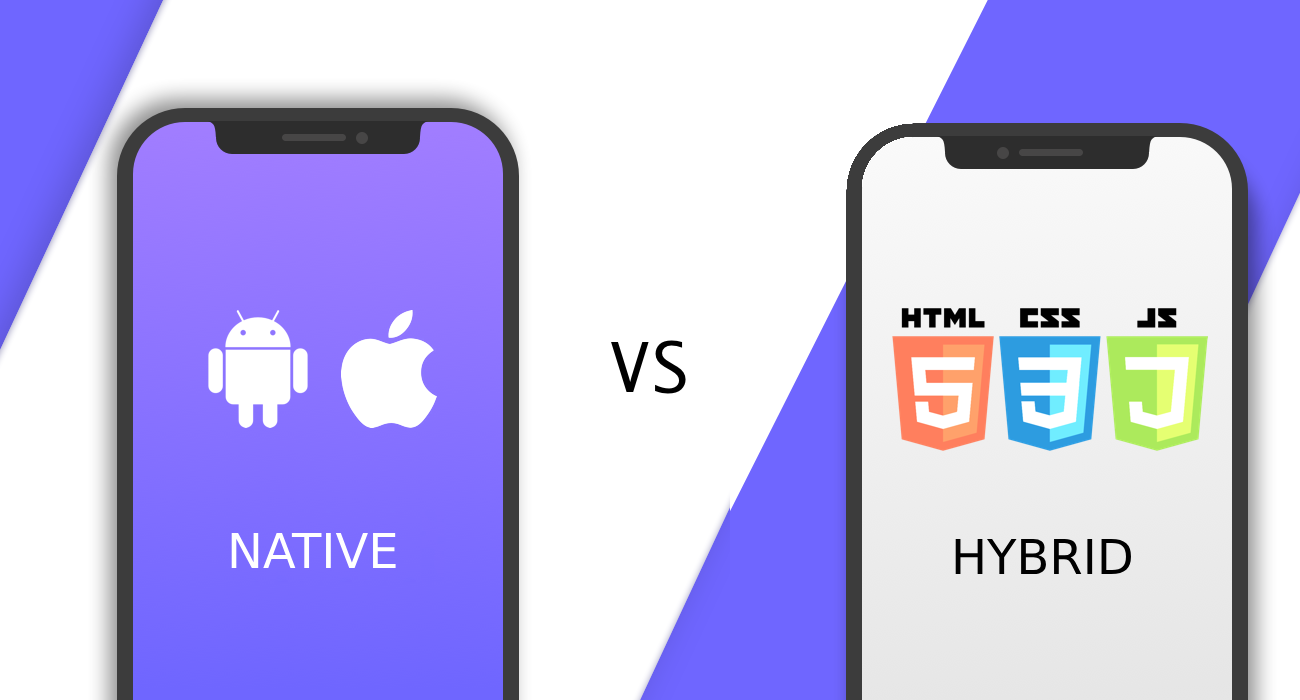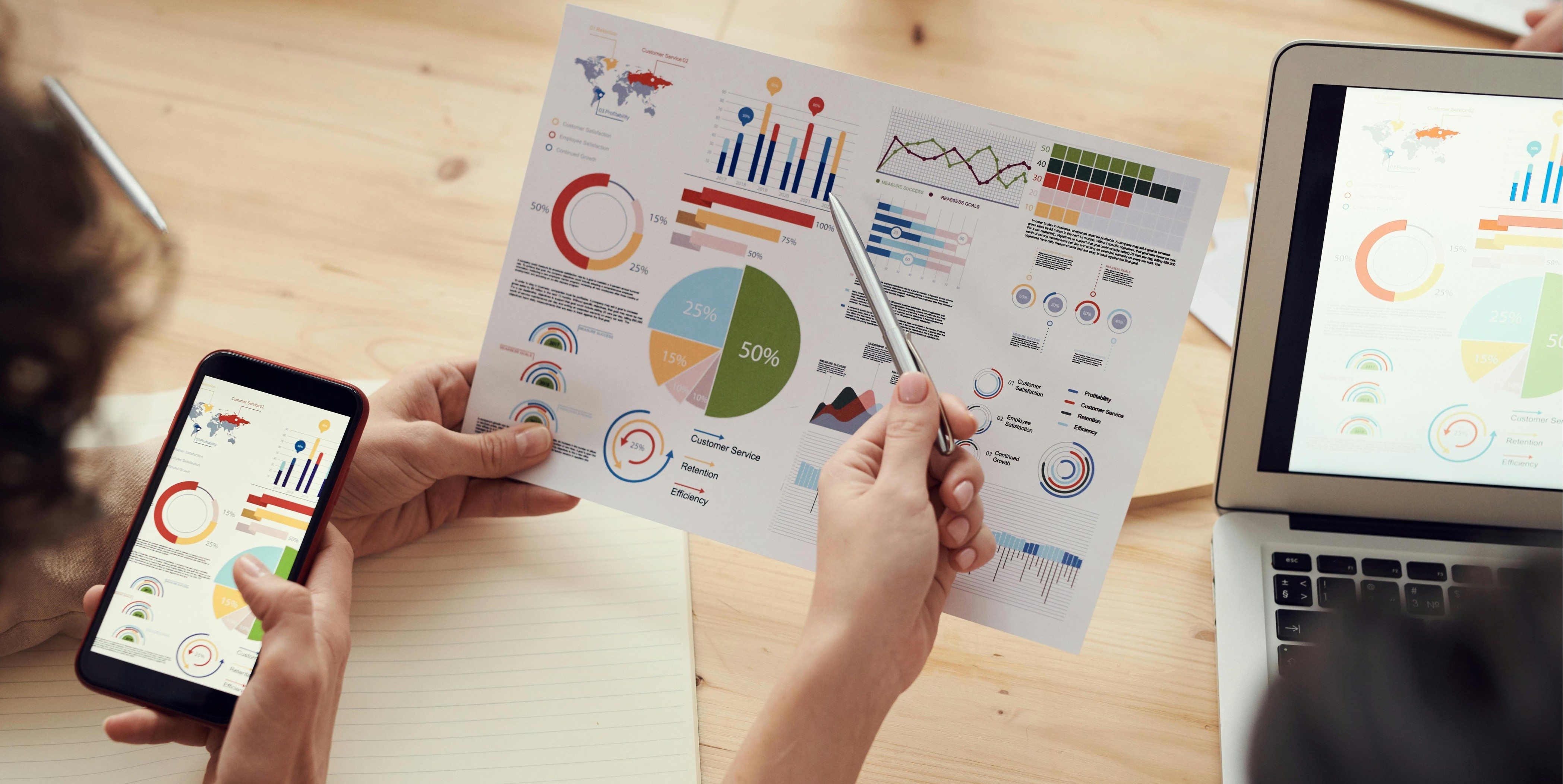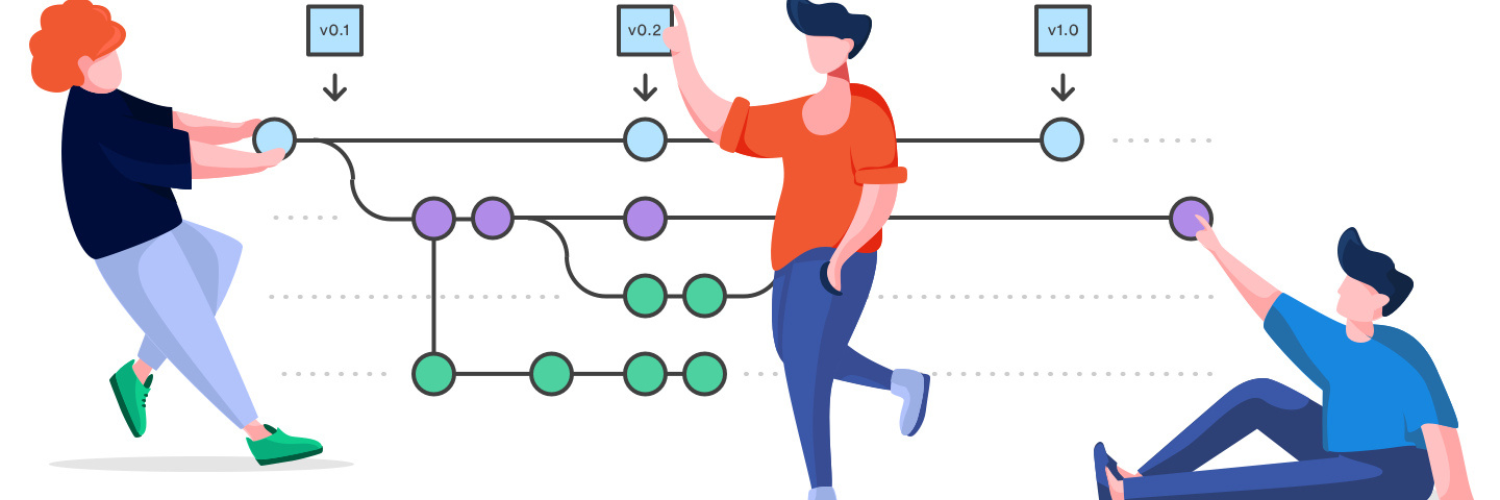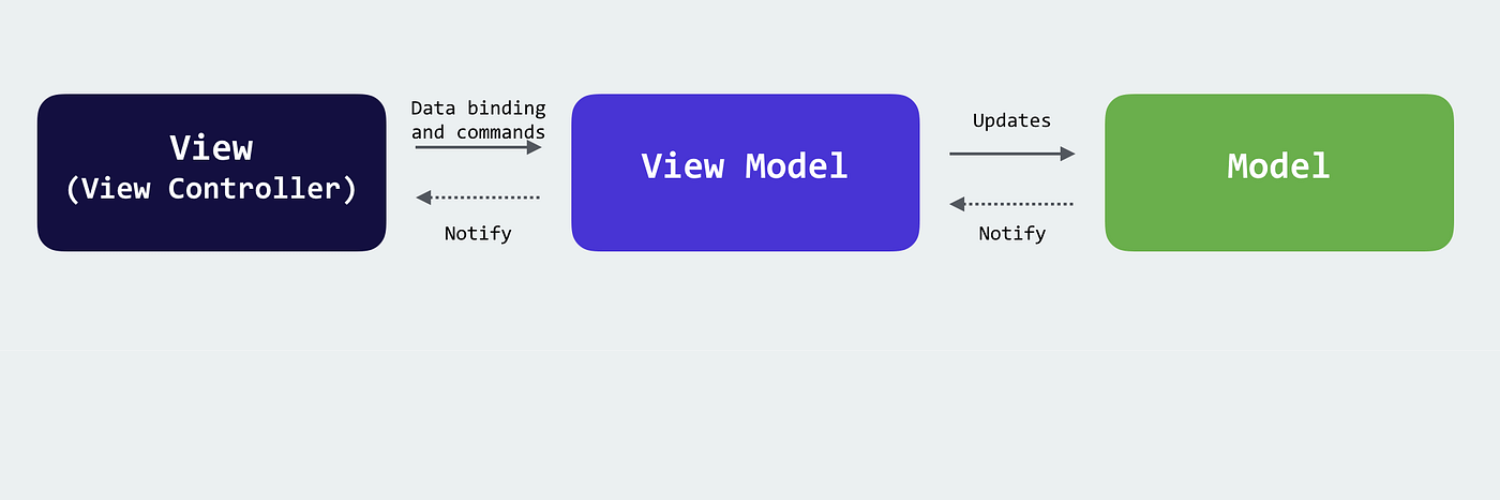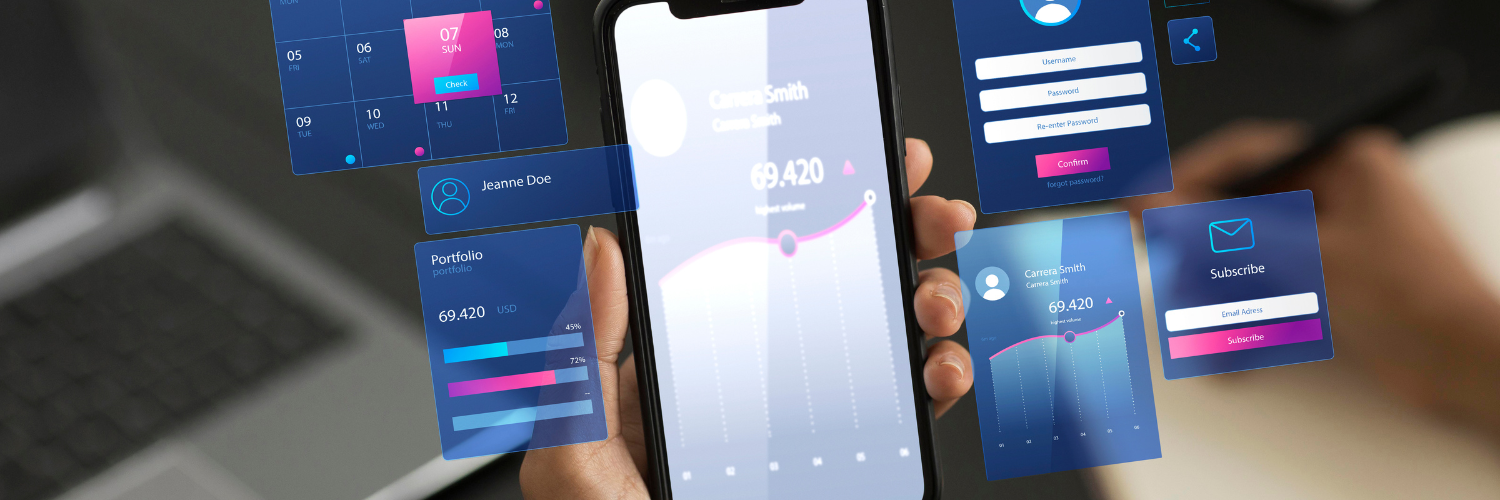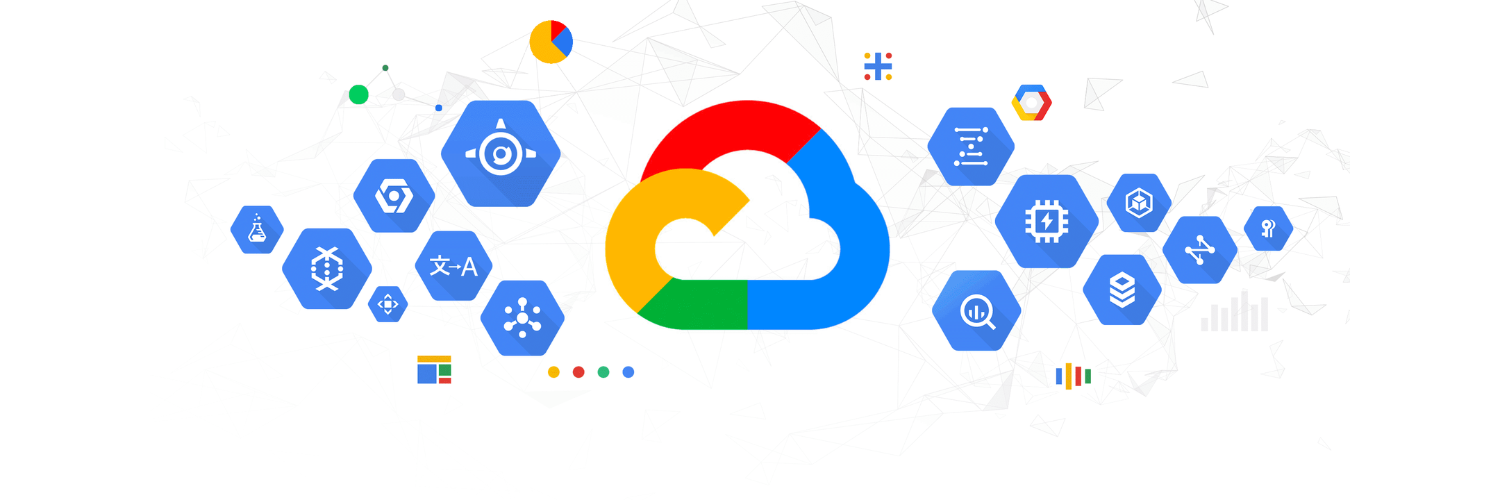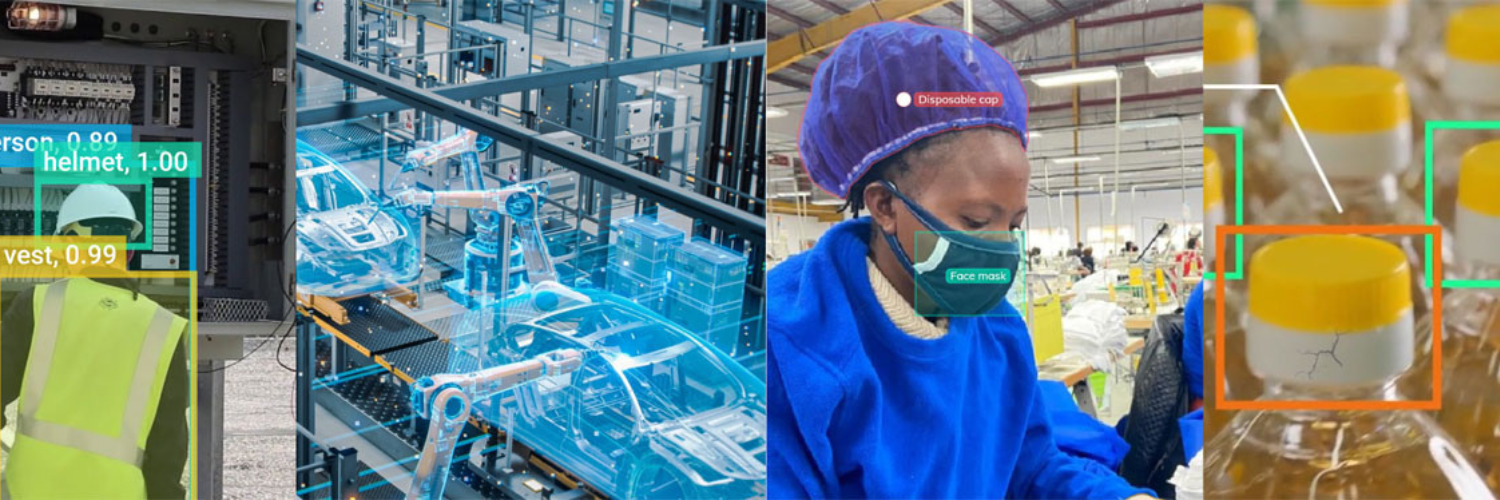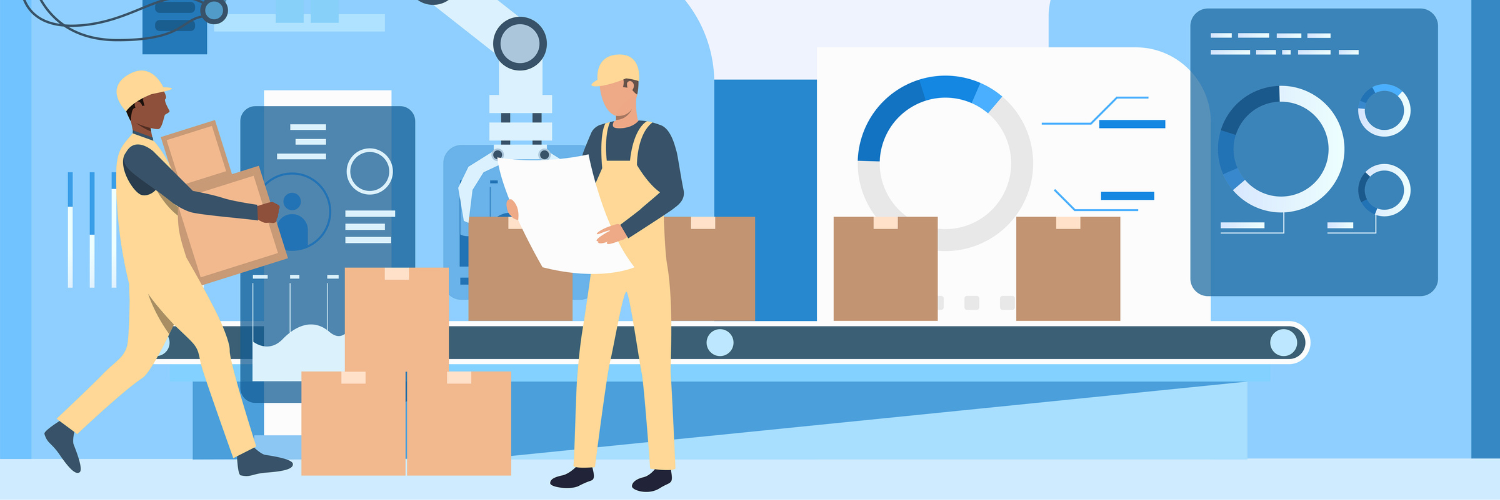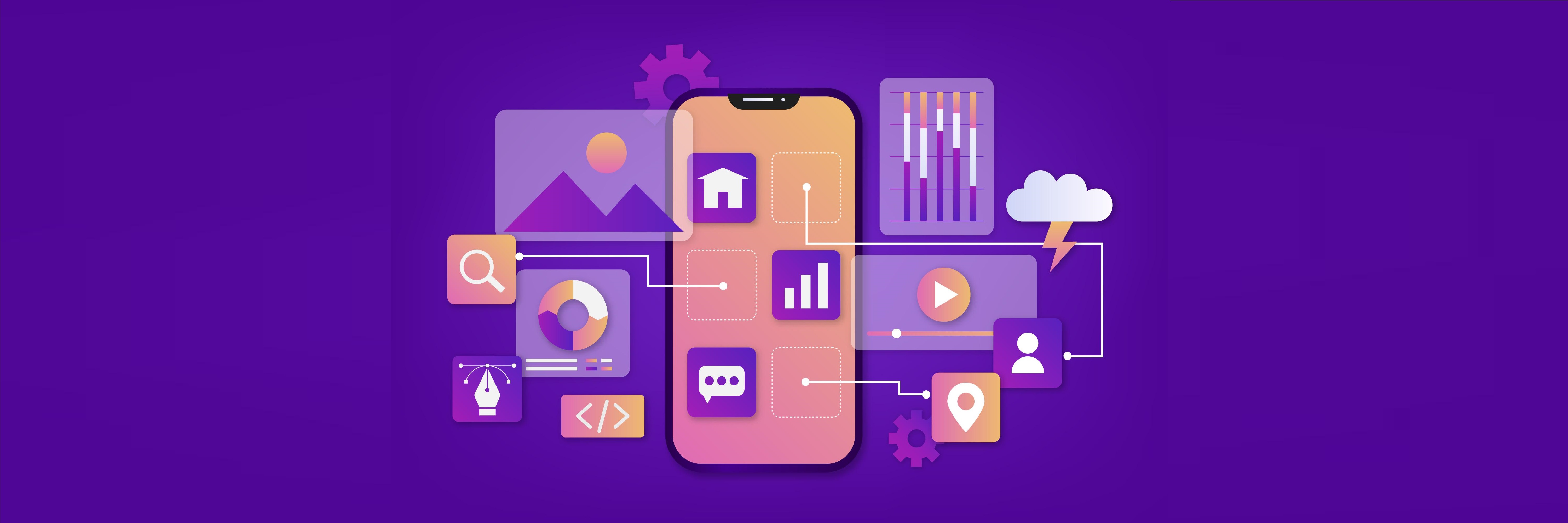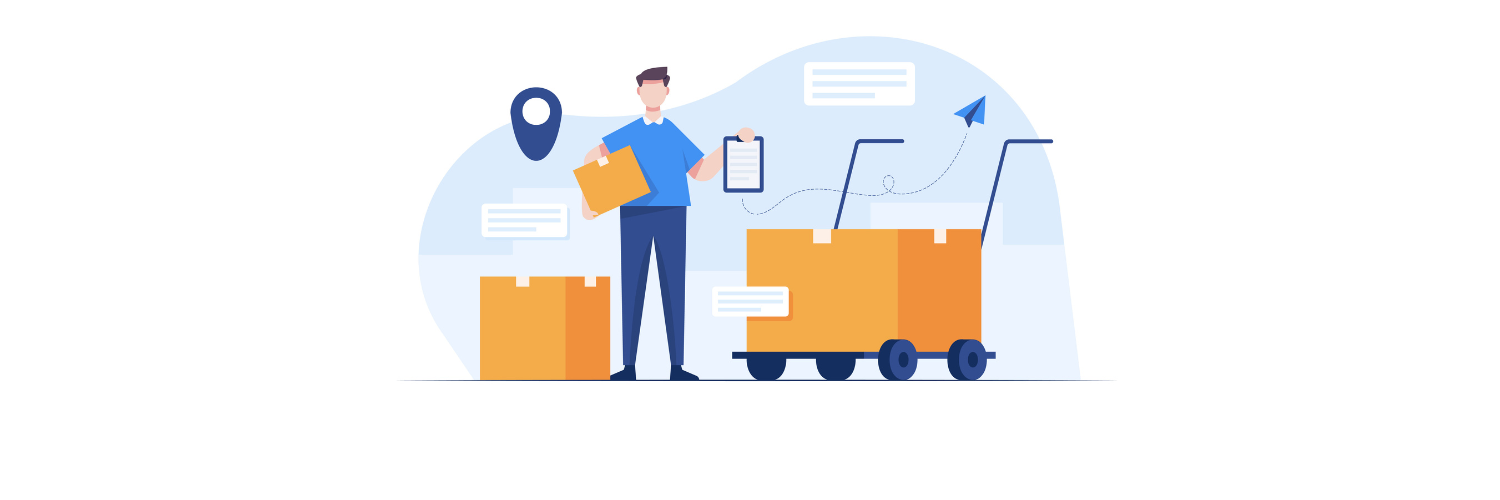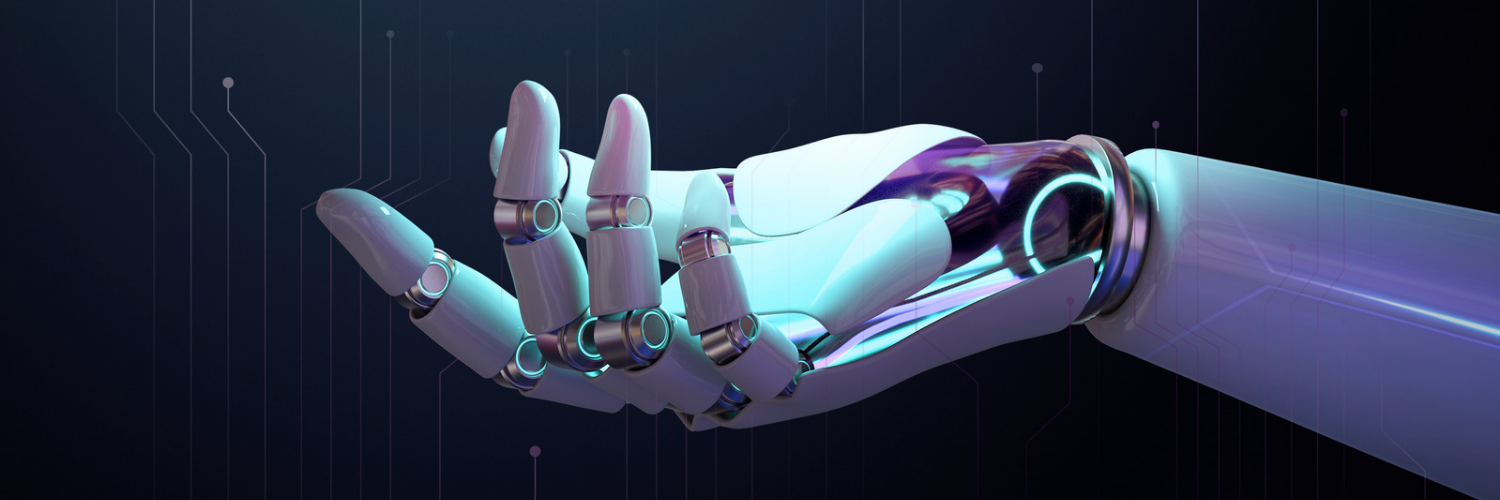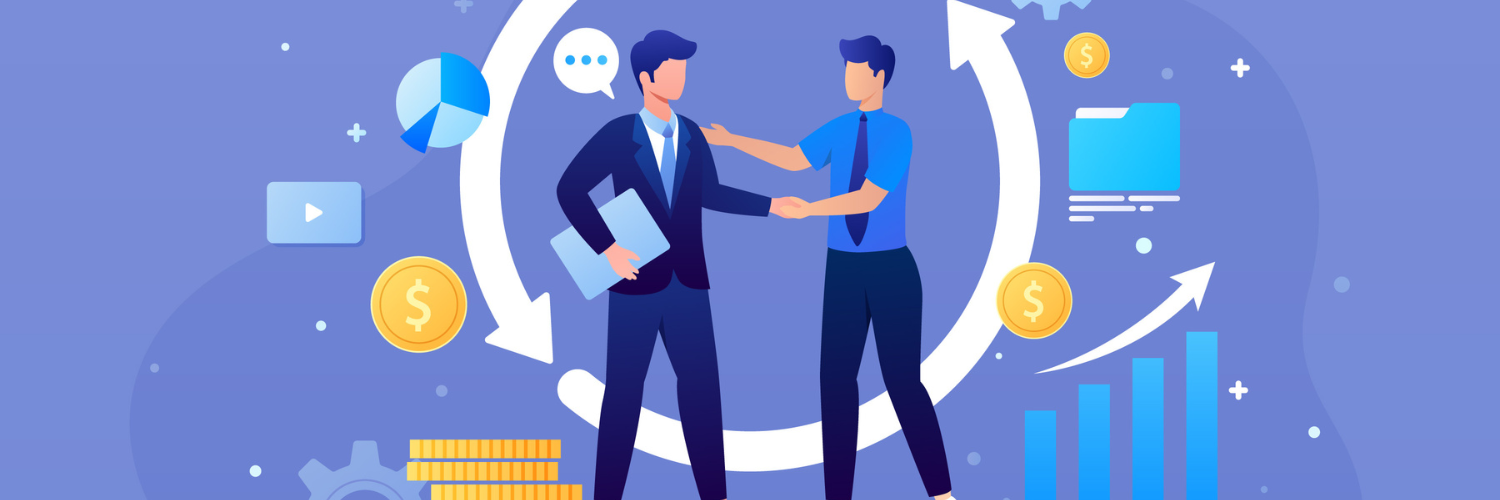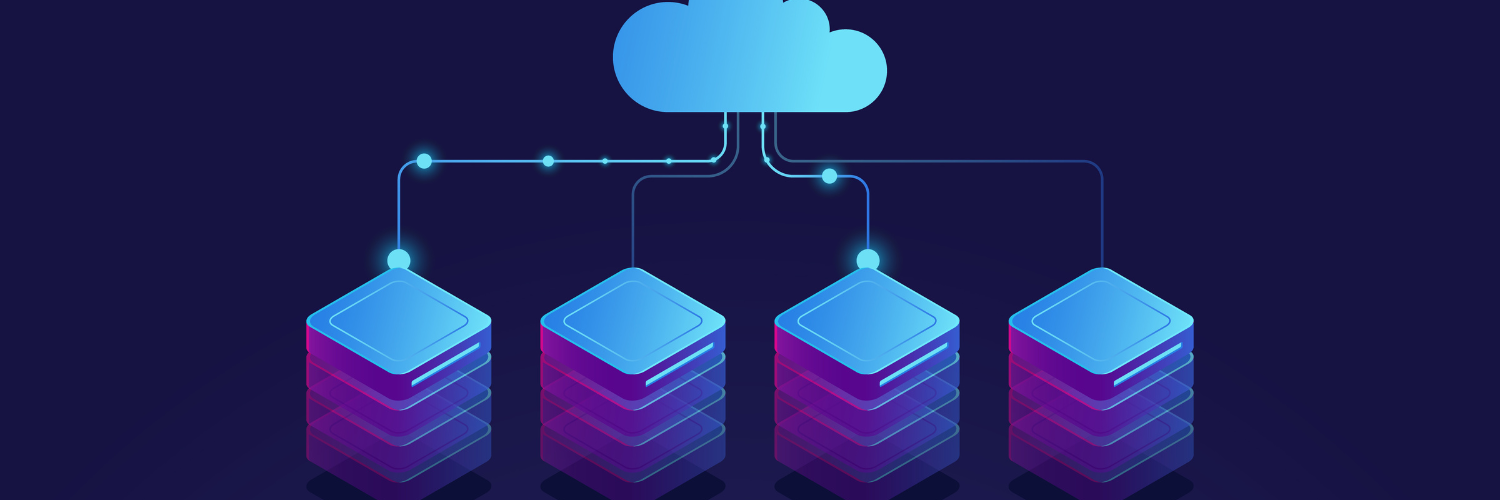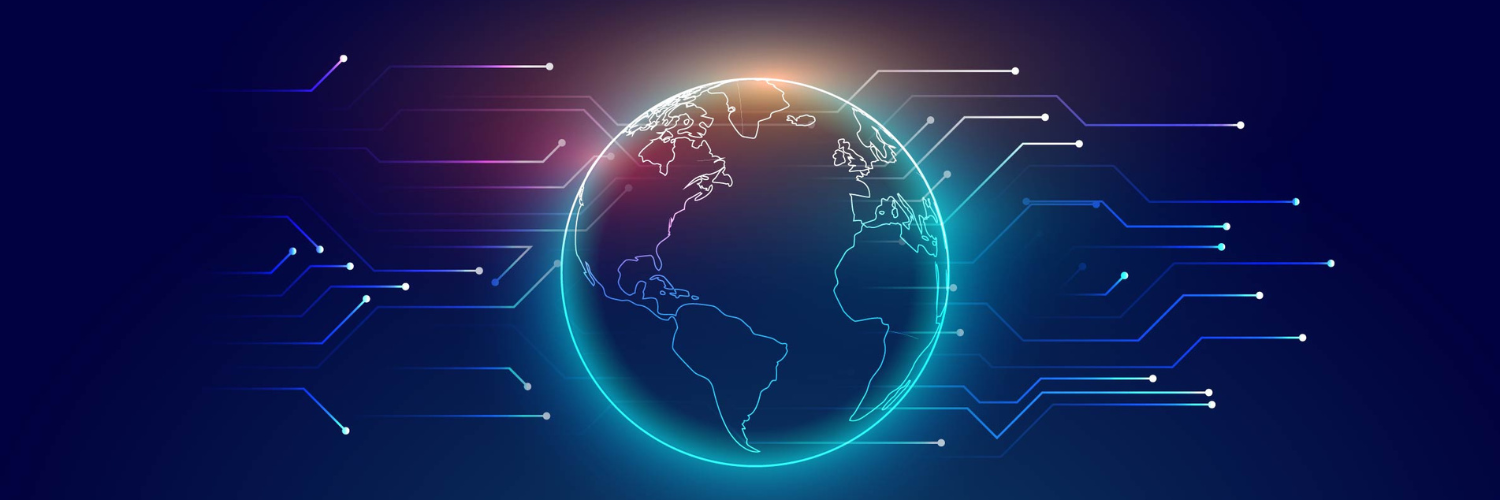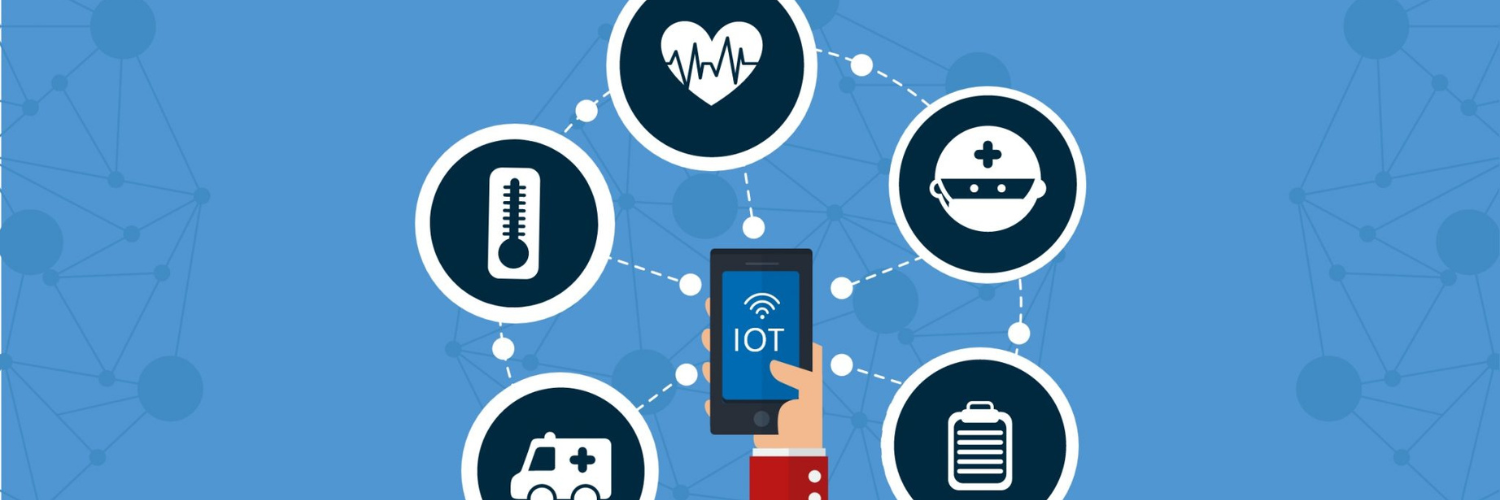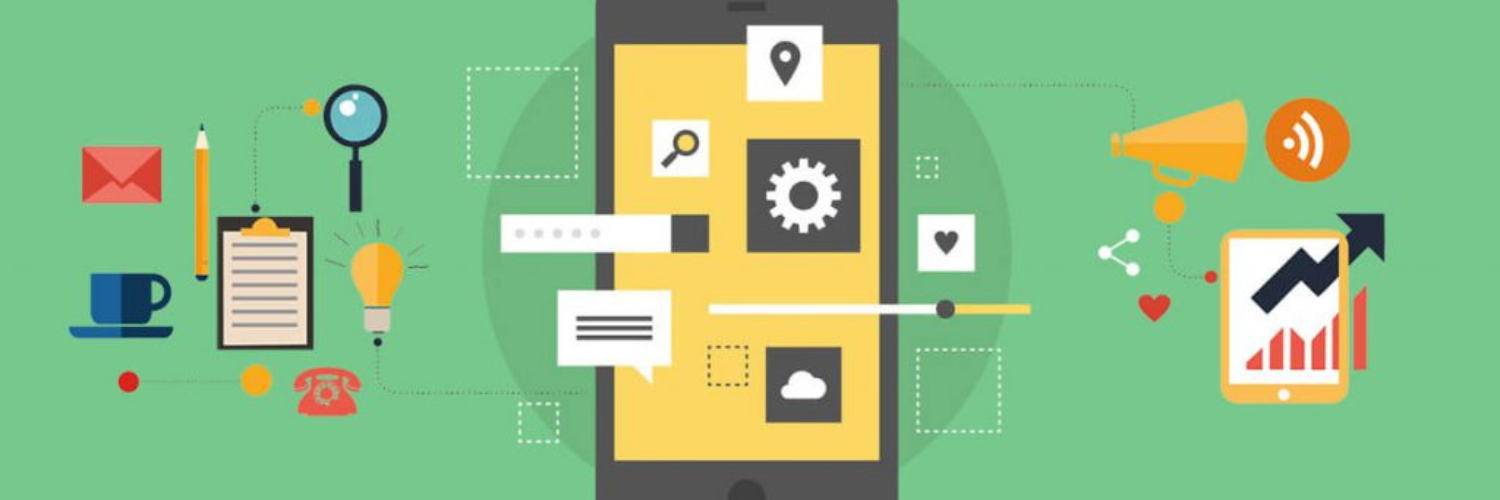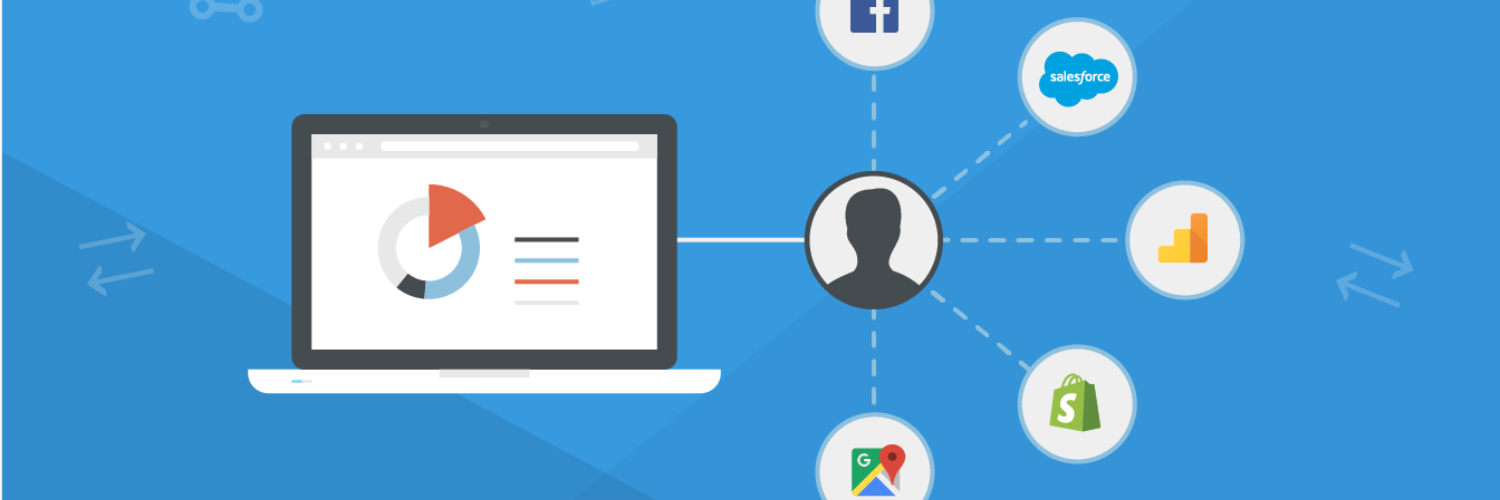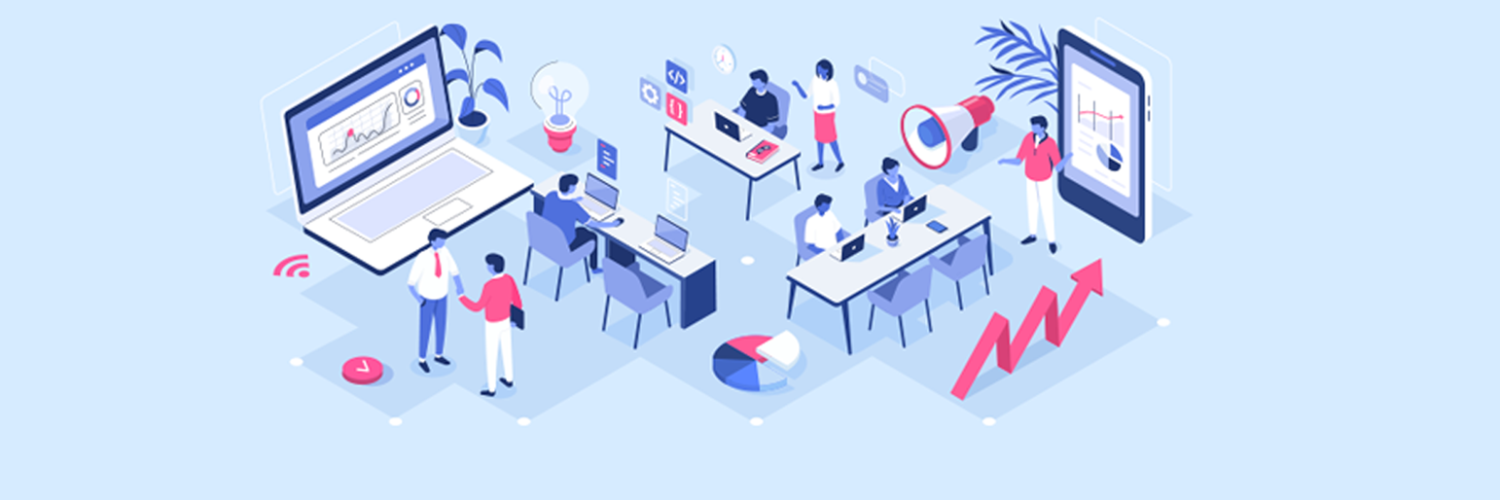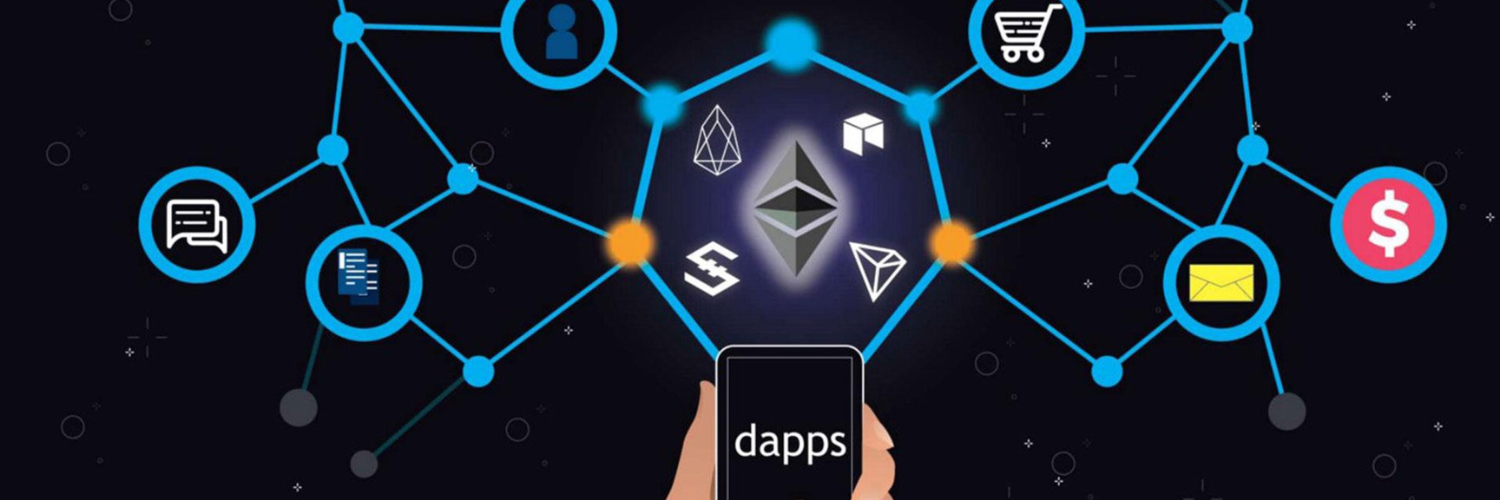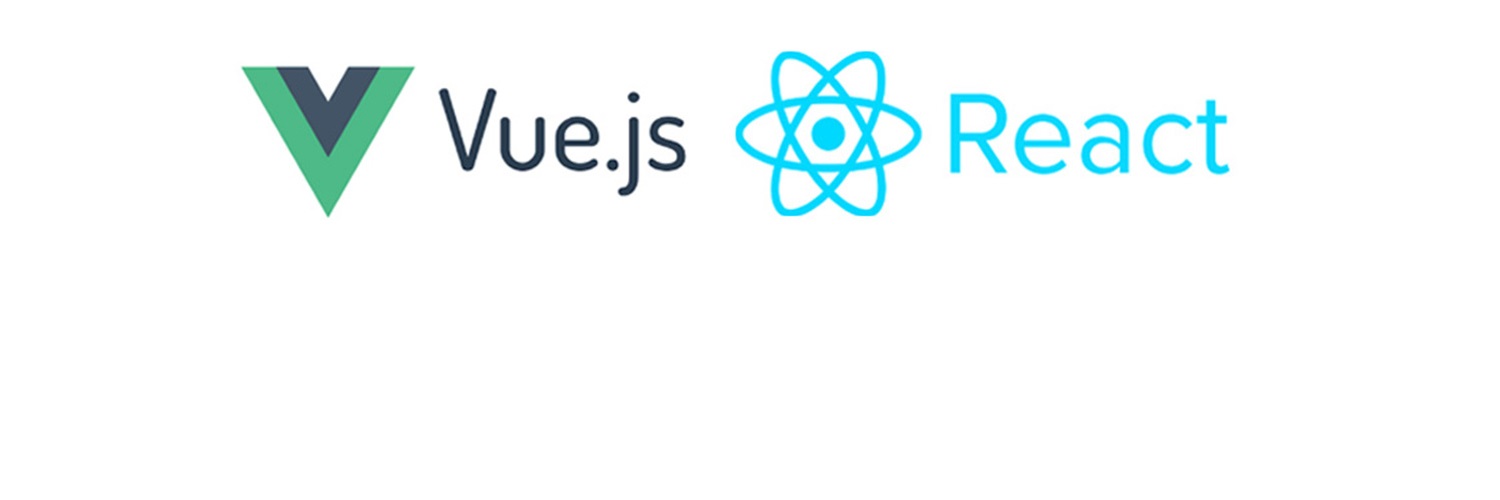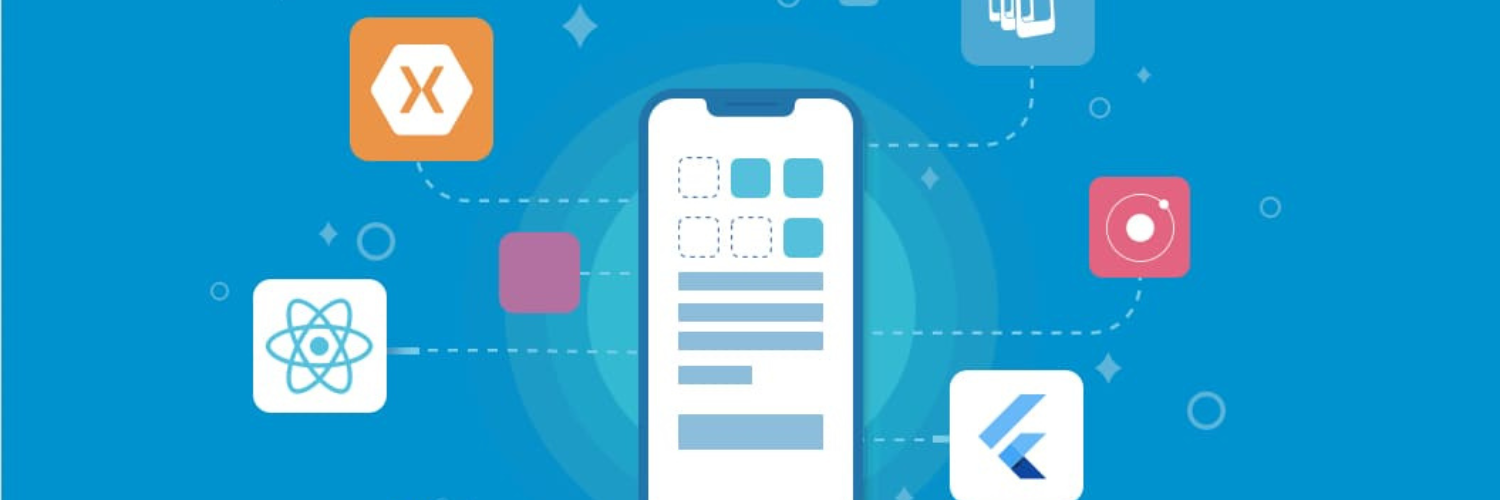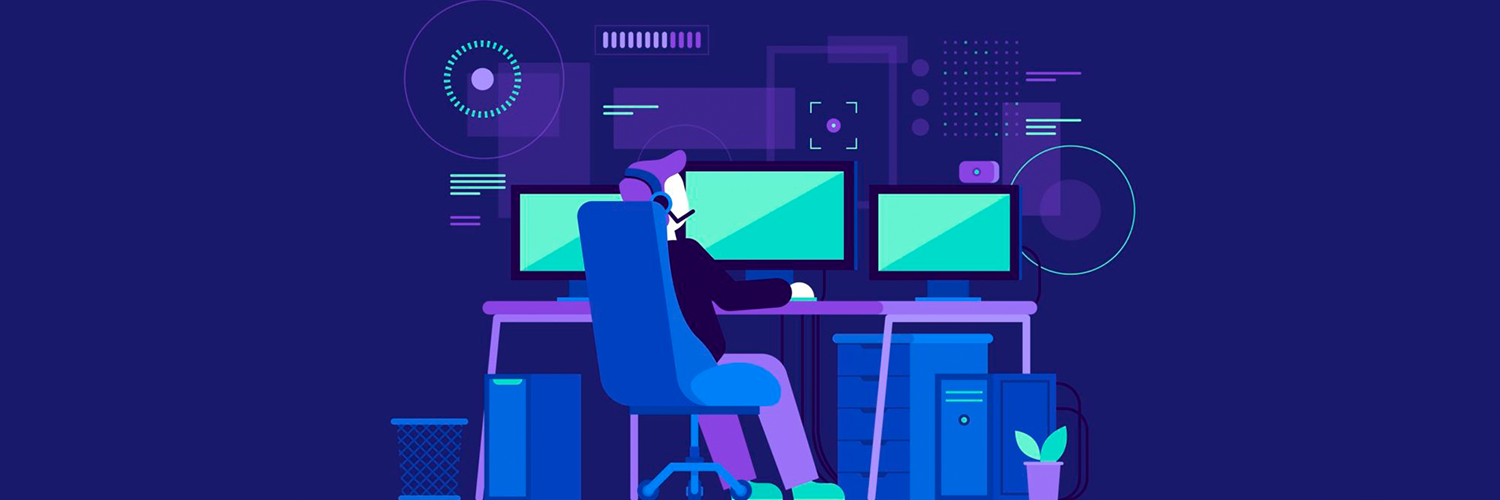“Given the massive amounts of data that are produced nowadays, Data Science is an essential part of any industry”.
Commonly referred to as the “oil of the 21st century", digital data plays one of the most important roles in today’s business environment. Your route to work, most recent Google search for the nearest post office, latest Instagram post of a great dinner, and even the health data from your fitness tracker are all important to the data scientists, and in many ways. Going through massive amounts of data, looking for connections and patterns, data science specialists are responsible for bringing to us new products, delivering breakthrough insights predictions, and simply making our everyday lives more convenient.
What is Data Science?
Data Science is a blend of various tools, algorithms, and machine learning principles with the goal of discovering hidden patterns from raw data. You might ask: “So how is this different from what statisticians have been doing for years?”
The answer lies in the difference between explaining and predicting.
A Data Analyst explains what is going on by processing the history of the data. Data Scientist also uses various advanced machine learning algorithms to identify the probability of something happening in the future. They will look at the data from different angles, sometimes not even known earlier.
So, Data Science is primarily used to make predictions and decisions also by taking advantage of predictive causal analytics, prescriptive analytics and machine learning.
Here are some of the technical concepts that are necessary to understand what data science is:
#Statistics
Statistics are at the core of data science. They help extract more intelligence and obtain more meaningful and precise results.
#Programming
Some programming skills are required to execute a successful data science project. The most common programming languages are Python, and R. Python since they are quite easy to learn, and support multiple libraries necessary for data science and Machine Learning.
#Modeling
Mathematical models enable data scientists to make quick calculations and predictions based on the data available. Modeling also plays an important role in ML and involves identifying which algorithm is the most suitable for solving a given problem.
#Predictive causal analytics
Predictive causal analytics is used to predict the possibility of a particular event happening in the future. Say, if you are giving money on credit. That is where you can build a model of predictive analytics on payment history to predict if the future payments of a particular customer will be on time or not.
#Prescriptive analytics
This is the model that has the intelligence to take its own decisions and the ability to modify them with dynamic parameters. This relatively new field is all about giving advice. It not only predicts but also suggests a range of advised actions and associated outcomes.
A good example here are self-driving cars. Various algorithms enable the car to make decisions like where to turn, which road to take or when it is better to slow down.
#Machine learning for making predictions
It is a great option for finance companies with loads of transactional data. This model is used to determine the future trend. This falls under the paradigm of supervised learning. It is called “Supervised” because you already have the necessary data to start training your machines. For example, a fraud detection model can be trained using a historical record of fraudulent purchases.
#Machine learning for pattern discovery
If you do not have enough parameters to make your predictions, you might search for the hidden patterns within the dataset. This is the unsupervised model (since you do not have any predefined labels for grouping). The most used algorithm for pattern discovery is Clustering.
How are Business Intelligence and Data Science different?
Business intelligence is a combination of the strategies and technologies used for the analysis of business data/information. Like data science, it can provide historical, current, and predictive views of business operations. However, there are some key differences.
- Business intelligence uses structured data, while data science uses both structured and unstructured data;
- Business intelligence provides a historical report of the data, compares historical data to current data in order to identify trends. Data science is scientific in nature – it performs an in-depth statistical analysis on the data, combines historical and current data to predict future performance and possible outcomes.
- Use of basic statistics with emphasis on visualization (dashboards, reports) in business intelligence. DS leverages more sophisticated statistical and predictive analysis and machine learning (ML).
Why Data Science?
Data science or data-driven science enables better decision making, predictive analysis, and pattern discovery. In other words, it lets you:
- Find the main cause of a problem by asking the right questions;
- Conduct an exploratory study on the data needed;
- Model the data using the right algorithms;
- Communicate and visualize the results using graphs, dashboards, etc.
For example, data science helps the airline industry predict disruptions and minimize the inconveniences for both airlines and passengers. They can also optimize operations in many ways, including:
- Plan routes and suggest both direct and connecting flights;
- Forecast flight delays;
- Create personalized promotional offers based on customers’ booking patterns;
- Decide which class of planes to offer.
Or let’s say you want to buy a new sofa. When searching online for the best options, you should answer some critical questions before making your decision (Does the website sell furniture? Do you want to see only the items rated >4.5? What about promotional offers?...). In this way you can narrow down your selection to a few websites and, ultimately, take a more informed final decision.
What Does a Data Scientist Do?
In simple words, a data scientist analyzes business data to extract meaningful insights. They solve business problems through a series of steps, such as:
1.Defining a business problem
It includes asking relevant questions, understanding, and defining objectives with a problem that needs to be tackled.
2.Data acquisition
In other words, it is gathering data from multiple sources (like web services, logs, databases, API’s, online repositories). It takes quite a lot of time and effort.
3.Data preparation
It includes data cleaning (handling many complex scenarios; inconsistent datatypes, misspelled attributes, missing and duplicate values) and transformation (modifying the data based on defined mapping rules to understand the data structure better).
4.Exploratory data analysis
In this step a specialist defines and refines the selection of feature variables that will be used in the model development. And this is the most important part.
5.Data modeling
Data modeling process consists of applying diverse machine learning techniques like KNL decision, decision tree, naïve buyers, etc. and identifying the model that fits the business requirement. It also includes training the models on the training data set and testing them to select the best performing one.
6.Visualization and communication
It is probably the trickiest part. Here a specialist communicates the findings in a simple and effective manner to the stakeholders (using the tools like Tableau, Power Bi, etc. that can help in creating powerful reports and dashboards).
7.Deployment and maintenance
Testing the selected model in a pre-production environment before deploying it in a production environment which is the best practice. Right after it, reports and dashboards are used to get real-time analytics. Further, the monitoring and maintenance part starts.
Applications of Data Science
Data science is used in almost every industry. Here are a few examples of how businesses are using data science to innovate in their sectors, create new products and make the world more efficient.
#Logistics
To optimize routes and to ensure faster delivery of products along with increasing the operational efficiency.
#Entertainment
Do you ever wonder how Spotify recommends that perfect song you're in the mood for? Or how Netflix does the same thing with movies? The answer is data science! And its algorithms.
#Healthcare services
Healthcare companies use data science to build smart medical instruments to detect and cure diseases.
#Gaming
Video and computer games are now being created with the help of data science bringing gaming experience to the next level.
#Image Recognition
Identifying specific patterns and detecting objects in an image is one of the most popular data science applications.
#Fraud Detection
Banking and financial institutions use the technology and its algorithms to detect fraudulent transactions.
Conclusions
The simplest definition of data science is the extraction of actionable insights from raw data. It is a challenging field, with ever evolving methodologies and technological advancements. Data scientists must be skilled in everything from data engineering, math and statistics to advanced computing and visualizations to be able to effectively work with masses of information and communicate only the most vital bits that will help drive innovation and efficiency. By incorporating data science techniques into their businesses, companies can now forecast future growth and analyze any upcoming threats.
Our team stays on top of the current changes, always keeping an eye on adapting to new business needs. With our expertise in machine learning, highly skilled and motivated data experts, unique collaboration methodology and result-driven mindset, our Data Science team will help you solve your most challenging problems. You have found your reliable Data Science company.
Discuss your requirements with our experts: https://www.utahtechlabs.com/data-science
WRITTEN BY
Sofia Kutko
2021-05-17








